Have you ever wondered if there’s a connection between sleep apnea and high blood pressure levels?
You’re not alone.
The relationship between these two health issues has puzzled many, leaving a cloud of confusion and many unanswered questions.
But understanding this link is crucial—not just for academic purposes, but for taking control of your health.
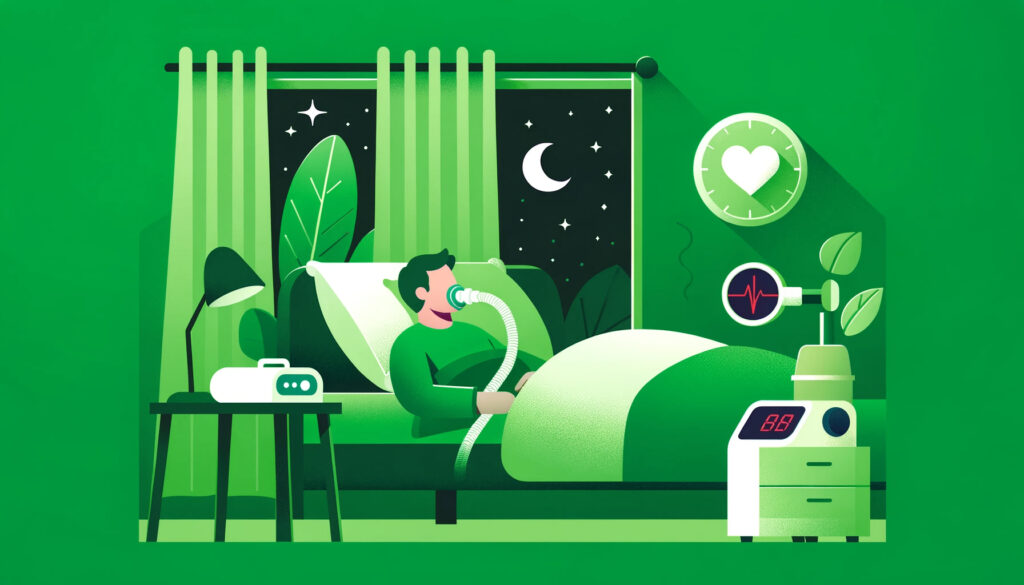
Sleep apnea, a condition marked by interrupted breathing during sleep, and high blood pressure, also known as hypertension, are both common yet serious health concerns.
The interplay between them can significantly affect one’s well-being, but how does one contribute to the other?
And more importantly, what can you do about it?
In this comprehensive guide, we explore the causes, effects, and treatments of sleep apnea and high blood pressure.
We’ll explore how these conditions interact, the dangers they pose when left untreated, and the steps you can take to manage them effectively.
Stay with us as we unravel the mysteries behind sleep apnea and elevated blood pressure, and learn how to take charge of your health today.
Understanding Sleep Apnea and High Blood Pressure: What You Need to Know
What is Sleep Apnea?
Imagine trying to breathe through a straw while someone occasionally pinches it closed.
That’s somewhat what sleep apnea feels like, though many never actually notice they’ve stopped breathing. They just see the side effects throughout their health and lives.
It’s a sleep disorder where your breathing stops and starts repeatedly throughout the night.
There are two predominant types of sleep apnea.
The most common type, Obstructive Sleep Apnea (OSA), occurs when throat muscles that keep the airway open relax too much.
Central Sleep Apnea (CSA), on the other hand, happens when the brain doesn’t send the right signals to muscles controlling breathing.
Both types disrupt sleep and can significantly reduce your quality of sleep and quality of life if left untreated.
High Blood Pressure: A Silent Threat
High blood pressure, or hypertension, is often called the “silent killer.”
Why? Because it can damage your body for years without any obvious symptoms.
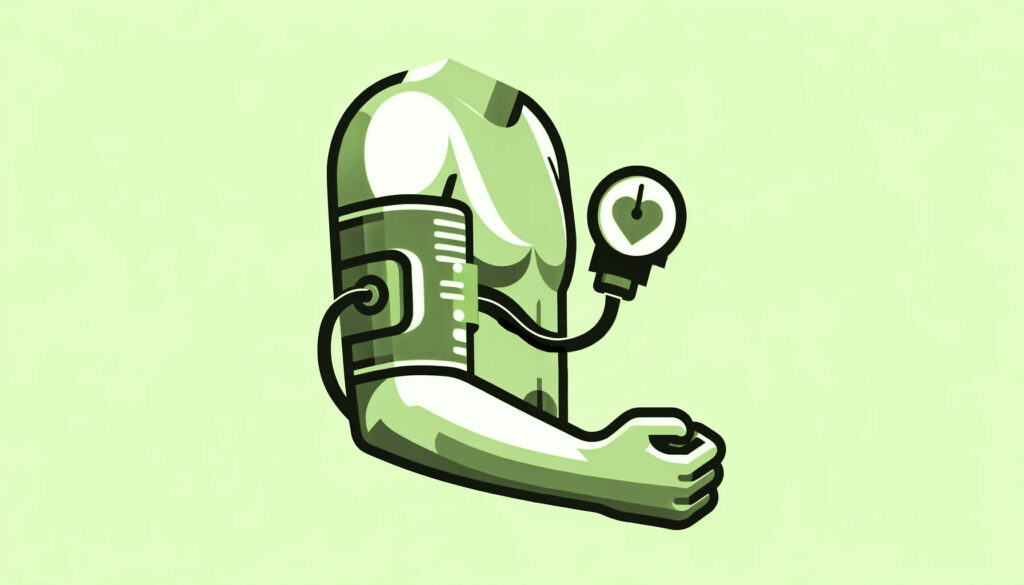
Blood pressure is the force of your blood pushing against the walls of your arteries.
When this pressure is consistently too high, it can lead to serious health issues, including heart disease, stroke, and kidney damage.
How Sleep Apnea Leads to High Blood Pressure: Connecting the Dots
The Nightly Battle: Oxygen vs. Sleep Apnea
When sleep apnea interrupts your breathing, your body momentarily receives less oxygen.
At that moment, whether you wake or not, you’re like a fish out of water, gasping for air.
This drop in oxygen triggers a panic response in your body, similar to what you’d feel in a scary or stressful situation.
The Sympathetic Nervous System: Your Body’s Alarm System
Your body’s sympathetic nervous system acts like an internal alarm system.
It’s designed to kick into high gear during stress or danger, preparing your body for a “fight or flight” response.
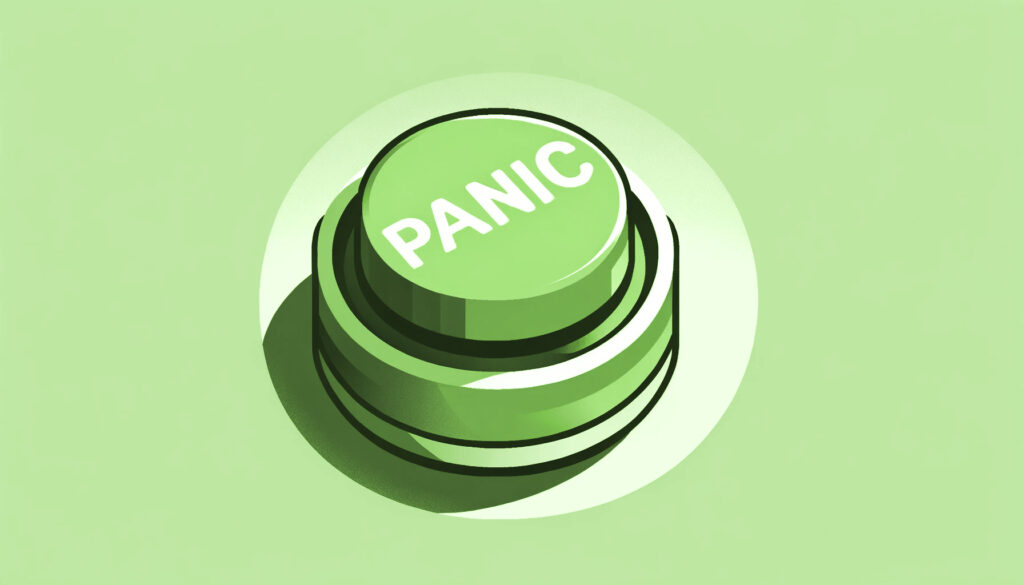
This includes making your heart beat faster and narrowing your blood vessels to direct more blood to your muscles.
However, when sleep apnea keeps triggering this alarm system multiple times a night, it’s like hitting the panic button over and over.
The result? Your blood pressure stays high, not just at night but potentially all day long.
Hormonal Havoc: Catecholamines and Hypertension
During these repeated awakenings, your body releases stress hormones called catecholamines (like adrenaline and noradrenaline), which help increase your heart rate and blood pressure.
Imagine your body constantly preparing for a sprint – heart pounding, muscles tense – even though you’re just trying to sleep.
Over time, this can lead to sustained high blood pressure, making it harder for your heart to pump blood and increasing your risk for cardiovascular disease.
The Weight of the Matter: Obesity, Insulin Resistance, and High Blood Pressure
Obesity plays a significant role in both sleep apnea and high blood pressure.
Extra weight, especially around the neck, can worsen breathing interruptions.
It also contributes to insulin resistance, where your body doesn’t use insulin effectively, leading to higher blood sugar and eventually type 2 diabetes.
This trifecta of obesity, insulin resistance, and sleep apnea creates a perfect storm for high blood pressure, showcasing how interconnected these health issues are.
Breaking Free: Disrupting the Connection Between Sleep Apnea and Hypertension
Understanding the chain reaction that starts with sleep apnea and leads to high blood pressure highlights the importance of managing sleep apnea effectively.
It’s not just about improving sleep quality; it’s about preventing a cascade of health problems arising from this disruptive sleep disorder.
A 2019 study in the journal Cureus estimates that roughly 50% of hypertension patients are also being treated for concomitant obstructional sleep apnea. Considering the prevalence of sleep apnea cases that go undiagnosed, this number might be higher still.
By managing sleep apnea symptoms to their fullest, you are taking a significant step toward further reducing hypertension symptoms.
Navigating Treatment Options: Pathways to Better Health
The Gold Standard: Positive Airway Pressure (CPAP) Therapy
Positive Airway Pressure (PAP) therapy is the cornerstone sleep apnea treatment.
Imagine it as a gentle breeze keeping a kite aloft; similarly, PAP therapy uses a steady stream of air to keep your airway open while you sleep.
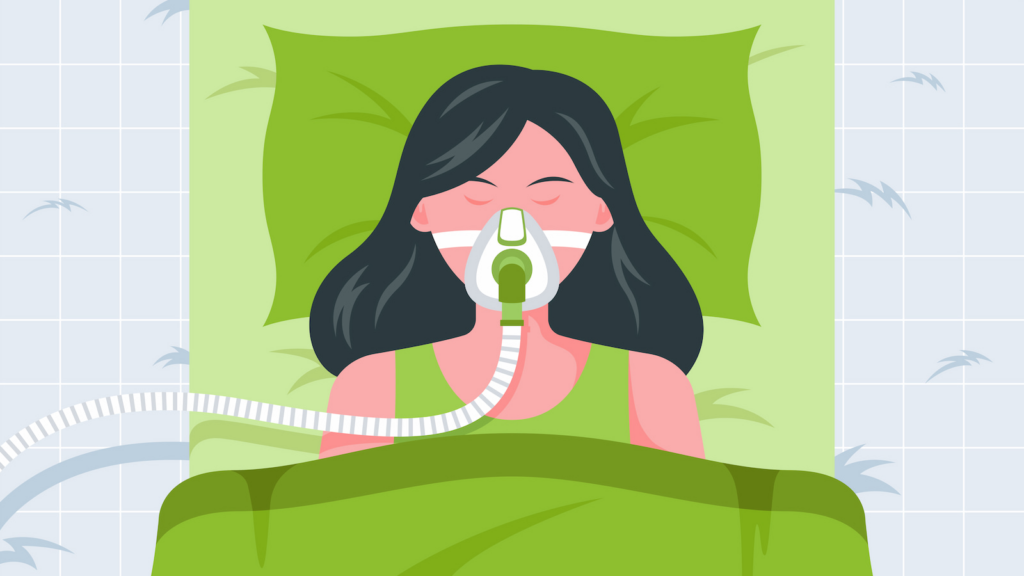
This reduces the number of breathing interruptions and significantly lowers blood pressure by stabilizing oxygen levels and reducing stress on the heart.
To learn more about how PAP therapy works and its various forms, check our guide comparing APAP, BiPAP, and CPAP.
Beyond CPAP: Finding What Works for You
While APAP therapy and CPAP therapy are highly effective methods to treat sleep apnea, they’re not a one-size-fits-all solution.
Some may find the mask uncomfortable or the machine too noisy.
But fear not, for alternatives do exist:
- Oral Appliances: These are mouthguards designed to keep your airway open by gently pushing your jaw forward. They’re less intrusive than CPAP and can be a good option for mild to moderate sleep apnea.
- BiPAP Therapy: BiPAP therapy is similar to CPAP but with a twist. These machines offer two pressure settings—one for inhalation and one for exhalation—making it easier for those who struggle with the constant pressure of CPAP treatment for sleep apnea.
- Lifestyle Changes: Never underestimate the power of healthy living. Losing weight, exercising regularly, and avoiding alcohol before bedtime can all help reduce the severity of sleep apnea and lower blood pressure.
The Role of Professional Guidance
Consulting with your family physician or sleep medicine specialist is crucial for finding the proper treatment for both sleep apnea and hypertension.
They can help you navigate the options, ensuring you find a solution that fits your lifestyle and meets your health needs.
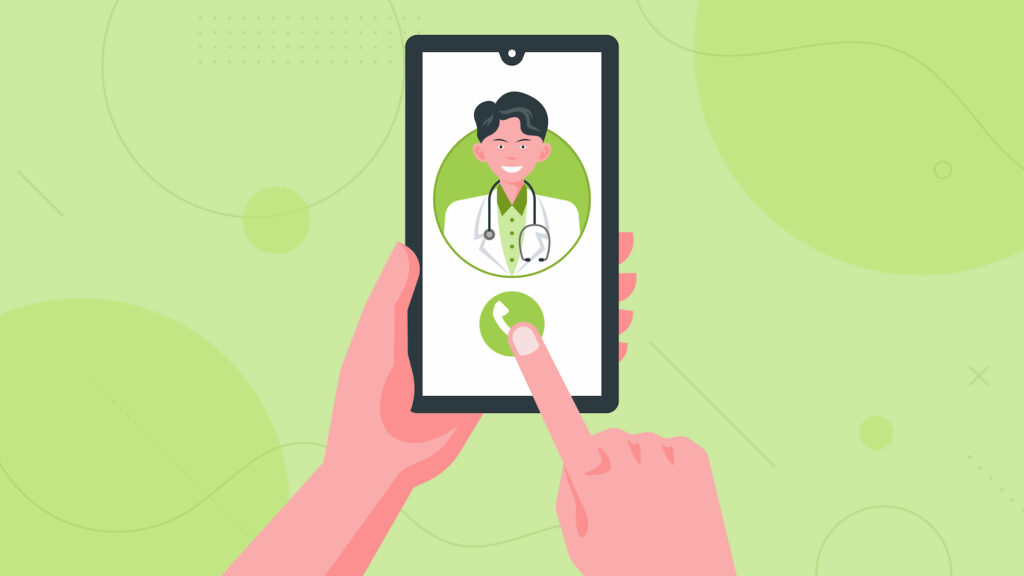
Whether it’s adjusting to CPAP treatment or exploring alternative treatments, professional guidance can make all the difference in restoring the quality of your sleep and working to reduce blood pressure levels.
Final Thoughts
Taking the steps to manage sleep apnea and high blood pressure can feel overwhelming, but you’re not alone.
With the support of healthcare professionals and suppliers like CPAP Supply, navigating this journey becomes more manageable.
By embracing treatment and making informed lifestyle choices, you can significantly improve your quality of life and health outcomes.
For those facing the challenge of sleep apnea, CPAP Supply, Canada’s leading online CPAP supply store in customer satisfaction, stands ready to support you.
With world-class customer service and a wide range of the latest CPAP equipment and accessories, CPAP Supply offers an effective and affordable way to manage sleep apnea.
Whether you’re exploring CPAP therapy for the first time or seeking to upgrade your existing equipment, our extensive knowledge of PAP therapy devices and accessories can guide you toward the best solutions tailored to your needs.
Remember, the first step towards better health is understanding the impact of these conditions and the importance of addressing them.
From there, every positive change, no matter how small, is a victory in your health journey.
Take control of your health immediately; the proper support and solutions are within reach.
References:
- NIH: Obstructive sleep apnea and hypertension: mechanisms, evaluation, and management
- Sleep Foundation: How Sleep Apnea Affects Blood Pressure
- Sleep Care Online: Can Sleep Apnea Cause High Blood Pressure?
- Premier Cardiology: How Sleep Apnea Can Affect Your Blood Pressure
- AHA Journals: Sleep Apnea and Hypertension: Interactions and Implications for Management
- Cureus: The Association of Obstructive Sleep Apnea and Hypertension

